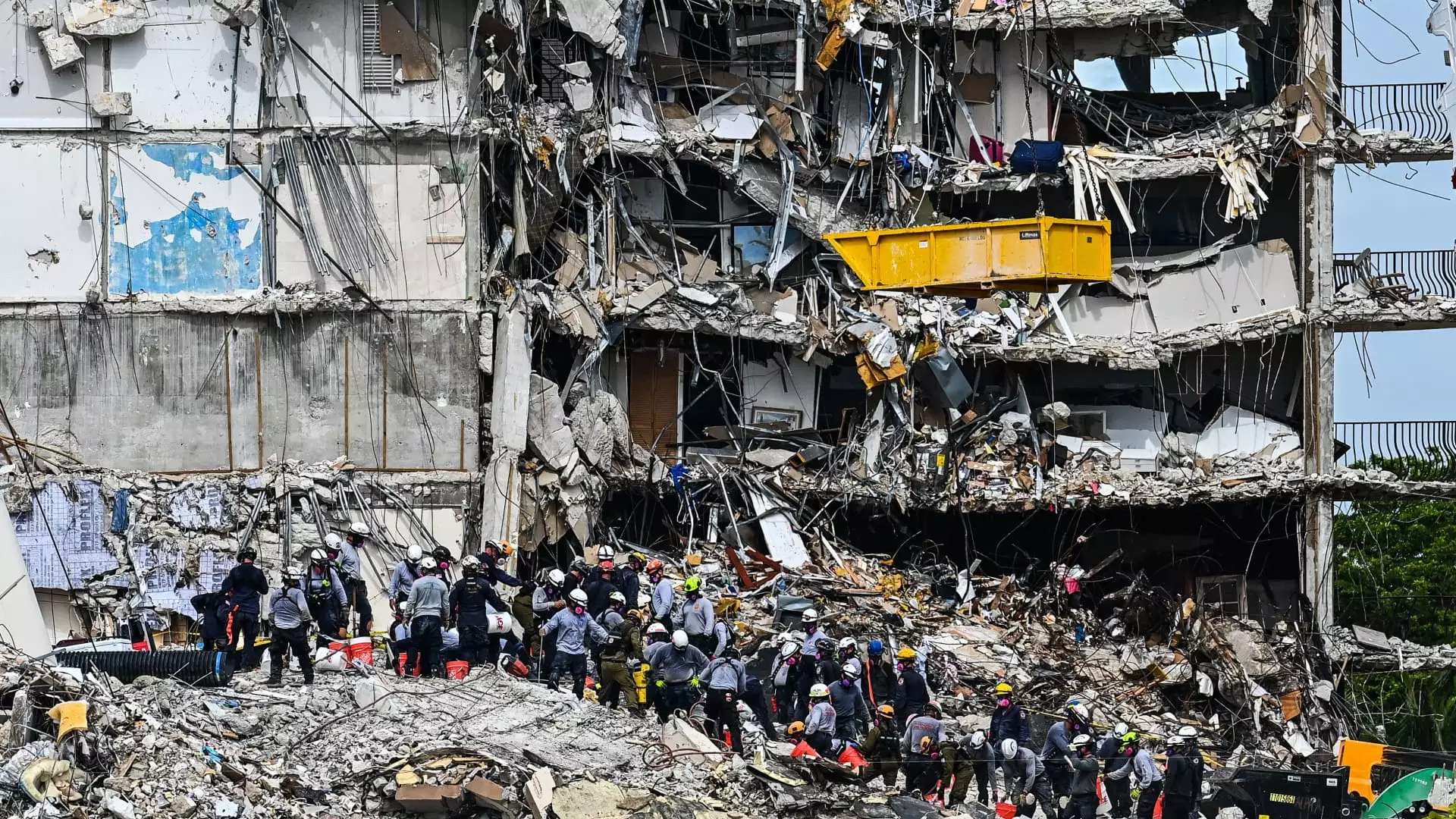The tragic collapse of a 12-story condominium tower in Surfside, Florida, in 2021 shook the state to its core and spurred immediate legislative action towards enhancing building safety regulations. With the incident casting a long shadow over older condominium complexes, the state mandated new inspections and repair protocols for any buildings over 30 years old. With deadlines looming and inspections in progress, the financial implications for condominium owners, particularly retirees, have become a pressing concern.
Currently, approximately 1 million condominium units across Florida are subject to these stringent new regulations. Owners of aging properties are now grappling with soaring costs associated with necessary repairs, which in some cases require millions to address. For many, especially those on fixed incomes, the requirement to comply with these inspections and financial assessments is both daunting and disheartening. As associations submit their budgets and outline the maintenance fees, many residents face significant financial strain, often leading to feelings of helplessness.
The financial demands are exacerbated by the special assessments implemented by condominium associations, with charges soaring as high as $200,000 per unit owner, and total repair bills reaching upwards of $15 million according to local reports. This newfound financial pressure has given rise to a phenomenon being dubbed the “condo cliff” by analysts like Peter Zalewski. The term reflects the alarming trend of financial instability within condo associations as residents either struggle to meet rising costs or abandon their properties altogether.
As a direct consequence of these changes, the condominium market in South Florida has taken a noticeable hit. The summer home-selling season, typically vibrant, saw a staggering 21.5% year-over-year decline in sales, with average prices falling 2.4%. This downturn underscores the rapid transformation in the market dynamics, driven primarily by fear of inspection-related costs and necessary repairs.
The scarce buyer pool means that sellers are left with few options: they can either absorb the financial hit from new assessments or drastically reduce their asking prices. For many homeowners, particularly retirees, the inclination to sell their units before costs escalate has become a critical decision point. Yet, even among those willing to sell, the uncertain environment leaves them feeling cornered as available buyers recede.
The Role of Investors and Future Prospects
While some owners are looking to divest their properties, others are turning to investors as a potential lifeline. Real estate agents, like Stefania Ancona, highlight a growing trend whereby investors are seizing opportunities to purchase distressed properties, often aiming to tear down older buildings to establish luxury developments instead. This influx of investor interest complicates the landscape for remaining owners who must navigate a market increasingly dominated by larger entities with diversified financial portfolios.
Although Florida’s Governor Ron DeSantis called for a special session to address the challenges faced by condominium associations, decisions have been postponed until 2025. Legislative leaders assert that they require a more profound understanding of the complicated financial elements involved, which leaves many vulnerable associations in a state of uncertainty, awaiting clarity and potential relief.
As the condo market in Florida faces this existential crisis, it’s clear that numerous owners are at a crossroads. The reality of inflated repair costs, coupled with market instability, has cultivated an atmosphere of anxiety for many residents. The so-called “condo cliff” presents not just a financial challenge but also raises broader questions about the future of housing in Florida.
It remains to be seen how legislative responses will shape the landscape moving forward. For many residents, the hope is that some relief will be on the horizon—whether through financial assistance from the state, potential reforms in condo regulations, or a resurgence in buyer interest, allowing them to maintain their homes amid the financial storm. Until then, Clearwater’s condo owners will have to navigate this precarious situation with resilience and caution, fully aware that the choices they make today could have lasting repercussions for their futures.

